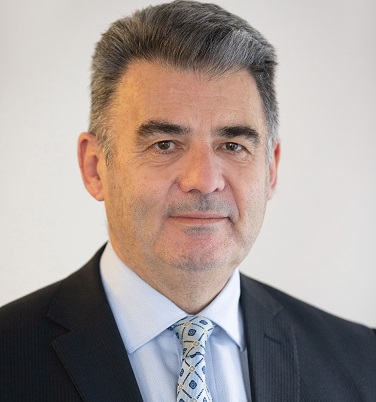Below is a summary of the ATO’s Decision Impact Statement on the AAT’s ruling for Siddiqi and the Commissioner of Taxation.
Facts:
The taxpayer was a sole trader operating an import, local purchase and export business. An audit of his business affairs revealed that there were a large number of unexplained deposits into the taxpayer’s bank accounts during the 2008 and 2009 income years that were in excess of his returned business income for those years, and which did not correlate with the corresponding business activity statements lodged for those periods.
Before the Tribunal, the taxpayer did not produce any proper business records to establish the cash sales and purchases he made in the course of running his business.
His largely oral testimony was that the unexplained deposits were not business income or from taxable supplies, but were personal loans from friends/family, repayments of money from returned supplies or redeposits.
The taxpayer also relied on oral evidence from a few other witnesses, and some documentary evidence, including money transfer receipts and invoices.
Issues:
Whether any shortfall amounts of the taxpayer for the relevant periods was due to a failure by him or his agent to take reasonable care.
AAT’s Decision:
Subject to seven amounts conceded by the Commissioner during the hearing, the taxpayer had not discharged the onus of proving that the various cash deposits into his bank accounts were not assessable income from his business and/or consideration from taxable supplies.
There is a high duty placed upon a taxpayer under the self-assessment system to keep business records to substantiate income and expenditure. For the purposes of the penalty provisions, a failure to keep such records speaks clearly of a failure to take reasonable care. No remission of penalty was warranted.
ATO’s View:
Concurred with the AAT’s decision.


